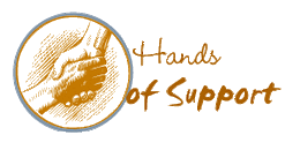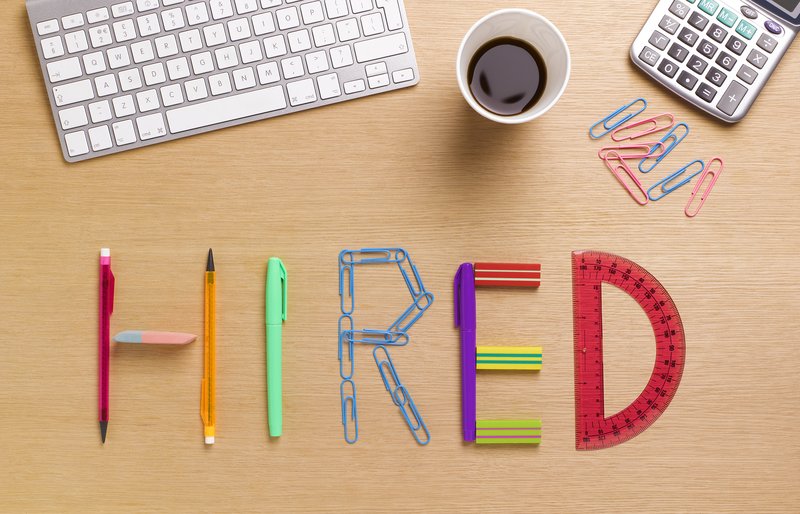 The labor market is strong, wages are rising, and companies are eager to hire. If “landing a new gig” tops your list of resolutions, there’s a good chance you’ll soon get your wish. The job hunt won’t be a cakewalk, though. According to a report from consulting firm Dale Carnegie, competition will be stiff, with 41% of U.S. employees actively looking for a new job or planning on doing so within the next year. To keep your resume out of the trash bin, you’ll need to find a way to stick out. We asked career experts across the country to give us their best tips for elbowing your way past the competition. Upgrade & promote your LinkedIn profile Experts are unanimous on this one: Employers are going to look at your LinkedIn page, so make sure it’s on point. Career coach Cheryl Palmer suggests padding your profile with keywords that recruiters will search for. Use LinkedIn’s new Open Candidates setting to privately signal to recruiters that you’re on the market, without alerting your current employer. Then, add a link to your revamped LinkedIn page to your resume. Raise your profile Cement yourself as a powerhouse in your industry by joining trade associations, volunteering to speak on a panel, or publishing a guest post on an industry blog. You’ll create a track record of expertise, and you’ll have an easier time selling your experience to potential employers, says Courtney Ellett, founder of Obsidian Public Relations. “Whether through media opportunities or smart content marketing strategies, you’re creating more immediate credibility, trust and intimacy,” she says. Get a website already Particularly for people who have a tangible work product — whether advertising and design samples or academic papers — a personal website provides a home for your work and an easy way to control your brand. Use a simple template from a user- (and budget-) friendly website builder like Squarespace or Weebly to “collect work of consequence,” advises John DiMarco, associate professor at St. John’s University and author of Career Power Skills. Many employers are going to ask for work samples anyway; this puts you ahead of the curve. Streamline your resume ...Your resume should serve as a sample of your most relevant work history. If you’re a decade or more into your career, you’re wasting valuable real estate if you still list any internships or early jobs. “Consider dropping off your early jobs — they probably don’t say much about your current skills anyway,” says Mikaela Kiner, CEO of Uniquely HR. “If you haven’t already, you can remove your college graduation dates too.” … And delete soft skills “Resumes are often loaded with people skills, but those things translate better in a cover letter,” says professional resume writer Laurie James. You’re better off leaving out touchy-feely words like “adaptable” “enthusiastic,” and “critical thinker,” she says. Use that space to be more specific about your skills and achievements. Use mobile tools to your advantage Your smartphone can save you time and energy during a job search. Check out Switch, an app that works like Tinder to pair you with hiring managers, or Inigo, which lets you create and send digital business cards. And Google Alerts can bring job leads straight to your phone. Be strategic with that last one, suggests Mark Anthony Dyson of The Voice of Job Seekers podcast, who says it “beats going to job boards if you use the right combination of keywords. … If I were looking for a teaching position, I wouldn’t just put in ‘teaching position.’ I would put in ‘online educator,’ ‘English teacher,’ and ‘curriculum facilitator.’ Highlight tech competencies Even if you’re not in IT, you’ll probably need some tech skills to get a new job in 2017. Update your résumé to highlight tools you already use — Workday software in HR, for instance, or Epic’s billing tool in health care. If the jobs you’re seeking require a skill you don’t have, find classes nearby or online, via sites like Udemy and Coursera. If you are near the Baltimore area check out our new classes to help you upgrade your technology skills to get your ready for a better job. You can learn more and sign up here.
1 Comment
7/30/2018 05:04:31 am
There are numerous ways to save your data. You can use hard drives, DVDs, CDs, USB or SSD cards to save your data files. However, quite opposite to the popular myths, it doesn't matter how efficient these storage methods are, as these can break down at some point of time. So no matter how reliable your storage device is, you cannot avoid its break down at any given moment.
Reply
Your comment will be posted after it is approved.
Leave a Reply. |
Archives
August 2018
Categories |


 RSS Feed
RSS Feed

